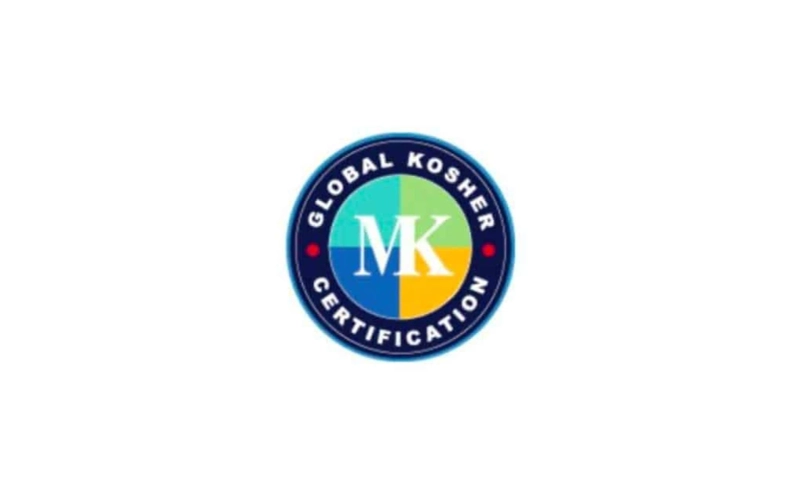In today’s diverse food market, dietary preferences and religious observances play a significant role in consumer choices. Among the various certifications available, kosher certification holds a unique position, influencing both the production and consumption of food products. Beyond its religious significance, kosher certification has a substantial economic impact on the food industry. In this blog post, we will explore the economic implications of kosher certification and its influence on businesses, market expansion, and consumer trust.
- Accessing New Markets: Obtaining kosher certification opens doors to new consumer markets. Kosher products cater not only to Jewish consumers but also to those who seek products that meet certain dietary and quality standards. By certifying their products as kosher, food businesses can tap into a wider customer base and increase their market reach, including kosher-observant consumers, health-conscious individuals, and people with diverse dietary preferences.
- Increased Consumer Trust and Loyalty: Kosher certification serves as a trusted and reliable symbol of quality assurance for consumers. The rigorous standards and inspections associated with kosher certification provide assurance of cleanliness, safety, and adherence to specific dietary laws. This transparency builds consumer trust, which translates into enhanced brand loyalty and repeat purchases. By investing in kosher certification, businesses can establish a positive reputation and differentiate themselves in a competitive marketplace.
- Export Opportunities: Kosher certification enables food businesses to access international markets with high demand for kosher products. Many countries, including the United States, Israel, and several European nations, have substantial kosher consumer populations. By meeting kosher certification requirements, businesses can export their products to these markets, increasing export revenue and expanding their global presence. Additionally, kosher certification can serve as a mark of quality that facilitates entry into international markets, where kosher products are highly regarded.
- Value Addition and Premium Pricing: Kosher certification adds value to food products, often allowing businesses to command premium pricing. The meticulous processes involved in obtaining and maintaining kosher certification, such as ingredient sourcing, production protocols, and inspections, increase the perceived value of certified products. Kosher consumers are willing to pay a premium for products that align with their dietary preferences and religious observances. This increased value provides businesses with the opportunity to improve profit margins and invest in further product development.
- Job Creation and Economic Growth: The economic impact of kosher certification extends beyond individual businesses. It contributes to job creation and economic growth within the food industry. As demand for kosher products increases, more resources and labor are required throughout the supply chain, including ingredient suppliers, manufacturers, distributors, and retailers. This growth stimulates local economies and fosters employment opportunities, supporting overall economic development.
- Collaboration and Innovation: Kosher certification encourages collaboration between food businesses and certifying agencies, fostering innovation in product development and production processes. To meet kosher requirements, businesses often explore alternative ingredients and manufacturing methods, leading to creative and improved product offerings. The pursuit of kosher certification drives continuous improvement, pushing businesses to adapt and innovate to meet evolving consumer demands. Learn more a bout getting kosher certified here
The economic impact of kosher certification in the food industry is undeniable. It opens doors to new markets, increases consumer trust and loyalty, facilitates export opportunities, adds value to products, stimulates job creation, and encourages collaboration and innovation. As businesses recognise the economic potential of kosher certification, its influence on the food industry will continue to grow, providing benefits not only to individual companies but also to regional and global economies.
This article was first published at https://topclickblogs.co.za/the-economic-impact-of-kosher-certification-in-the-food-industry/



